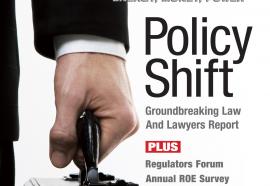Mandating Federal Renewables
The importance of getting the REC markets right.
The feds are ready to replace disjointed state policies with a coordinated national renewable energy credit market. Treating low-carbon energy consistently will promote investment in renewables.










